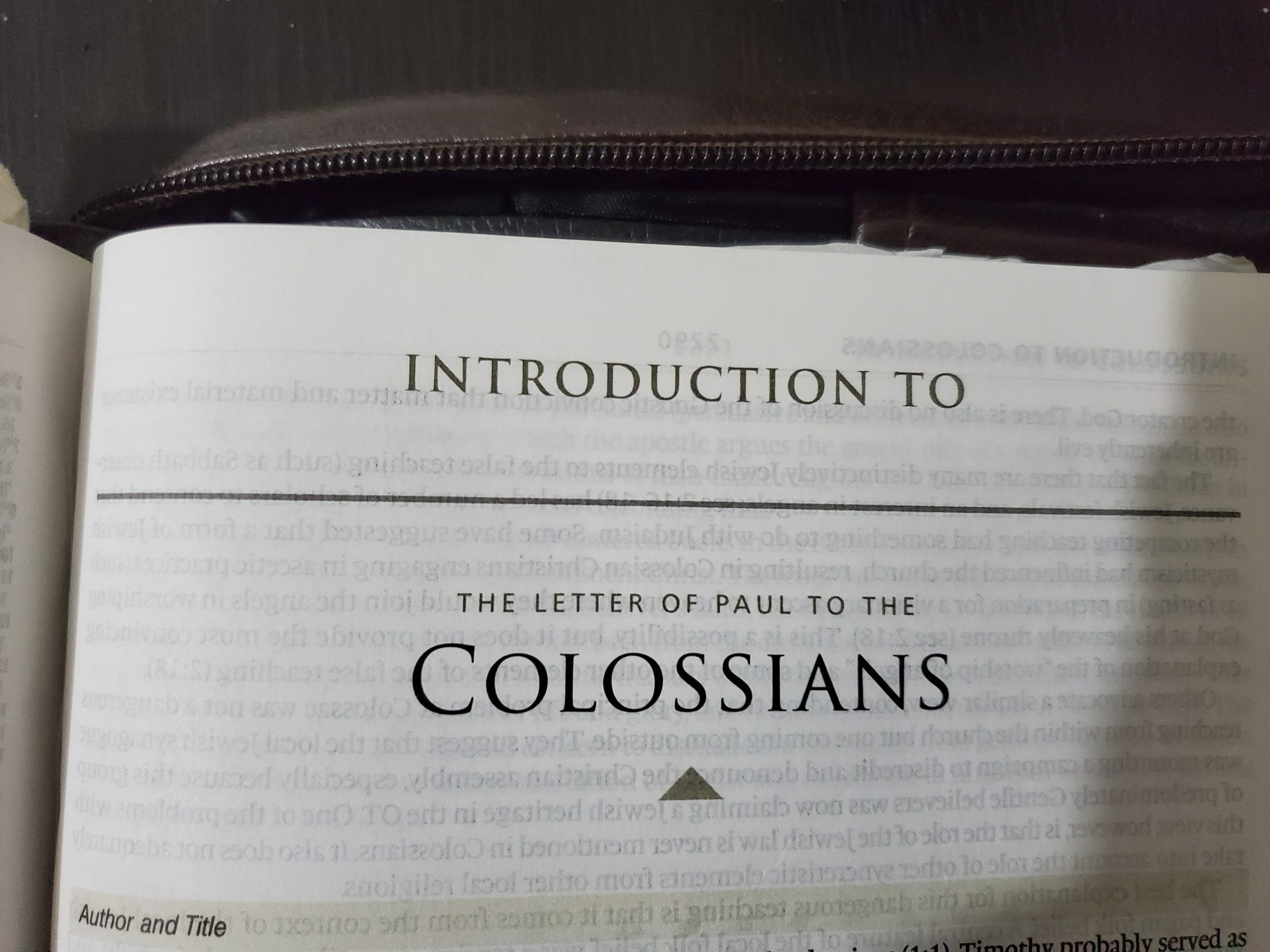⏱️ Estimated Reading Time: 3 min read
Colossians 4:10-11, “10 Aristarchus my fellow prisoner greets you, and Mark the cousin of Barnabas (concerning whom you have received instructions—if he comes to you, welcome him), 11 and Jesus who is called Justus. These are the only men of the circumcision among my fellow workers for the kingdom of God, and they have been a comfort to me. “
Aristarchus is a Macedonian of Thessalonica (Acts 19:29; 20:4; 27:2) who was dragged into the theater at Ephesians during the time of Gaius. He accompanied Paul to Asia (Acts 20:20:4) and Rome (Acts 27:2). He was now at Rome with Paul (Philemon 1:23-24). He is described as Paul’s “fellow prisoner” here. Paul’s friends voluntarily shared Paul’s imprisonment by taking turns being imprisoned. During the time when Paul wrote Colossians, Aristarchus was with him and Epaphras when he wrote Philemon. The imagery of prisoners is one of Christians being fellow soldiers (Philippians 2:25; Philemon 1:2) whose warfare is that of taking the good fight of faith in Christ.
The John Mark mentioned here is the same one who accompanied Paul on his first missionary journey and suddenly departed him (Acts 13:13). John Mark is also the same man whom Paul and Barnabas had a sharp disagreement over (Acts 15:36-41). John Mark is the cousin of Barnabas (Colossians 4:10). John Mark is also the author of the Gospel of Mark, a text that finds its origin in the preaching ministry of the Apostle Peter. Paul’s perspective on Mark had changed, and now Mark has been reconciled to Paul and is seen ministering to him here in this text. We no knowing about Justus and the others are “men of circumcision,” meaning they are Jewish Christians.
At the very end of our passage today, Paul uses the word “comfort” (Colossians 4:11), which is only used once in the New Testament in this passage. The word comes from the Greek word parēgoria and means comfort, solace, relief, alleviation, and consolation, or to address alongside in comfort. M.R Vincent explains that parēgoria can mean, “an address, an exhortation: an exhortation for the purpose of encouraging; hence a comfort.”[1]
Paul’s friends and coworkers in the gospel provided care and comfort for Paul during his time in prison in Rome. As Christians, we have one in the Holy Spirit, who is described as a Comforter (John 14:16). The comfort that the Aristarchus and Mark, the cousin of Barnabas, were able to provide for Paul during this time in his life was because of the indwelling presence of the Holy Spirit in their lives. These faithful brothers walked alongside Paul and comforted him because they had been comforted by the Lord (2 Corinthians 1:3-7).
As Christians, we are to care for one another and to comfort one another during not only our challenging seasons of life, but during our seasons where we may not appear to need comfort or help. Paul was comforted and helped through the encouragement of his friends. Please take time today to encourage a friend; it only takes a second by letting them know you are thinking and praying for them. A small gesture like I just mentioned can swing open the doors in a friendship for it to grow and build. By doing so, who knows you might gain a new close Christian friend who can be a comfort to you during your challenging seasons and in your good seasons to encourage you by rejoicing with you in what the Lord is doing in and through your life.
[1] Vincent, M. R. (1887). Word Studies in the New Testament (Vol. 3, p. 512). New York: Charles Scribner’s Sons.




